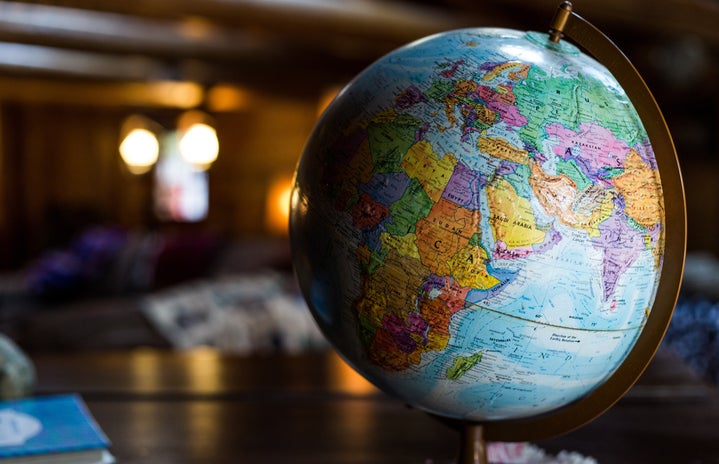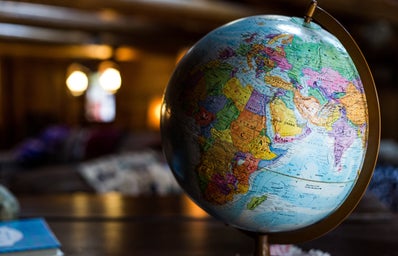On August 4, Tuesday, a major explosion on Beirut’s port killed and wounded hundreds of people. When all happened, nobody knew exactly what was going on, only that lots of buildings were destroyed, people were hurt, and the explosion looked like an atomic bomb. Below, understand better some of the aspects of the detonation.
- What really happened?
-
After the news released the explosion, Twitter was in chaos. Everybody was discussing if it was a bomb or an accident. Later, authorities confirmed: it was an accident on the storage of 2750 tons of ammonium nitrate that had been there for six years, without proper security.
The ammonium nitrate it is not an explosive but has the potential to explode. The destruction spread, broke windows, and left 171 people dead, 6000 wounded, 300000 homeless and a bill of billions of dollars in damage. The explosion was heard from Cyprus, 200km away.
- What was the social impact?
-
Lebanon was already in crisis. This event just worsened it. Inflation, corruption, unemployment, debts, failure to provide basic services, loss of the value of Lebanon’s currency, in addition to the accelerating spread of the COVID-19 in the country. And now destruction. Storages were destroyed and, consequently, food supplies were lost.
Quick measures were taken. Twenty people were detained after the blast, and the government set investigations in three directions about the explosion – how the material got in and how it was stored, if the explosion was caused by negligence or accident, and if it had external interference.
Countries around the world expressed solidarity with Lebanon’s people and sent help and volunteers, including Brazil. The French president, Emmanuel Macron, was the first leader to visit the capitol, Beirut, on August 6, promising aid and expressing that only reforms and actions against corruption could make the country rebuild. Even Israel, a country which has no diplomatic relations with Lebanon because of its continuous presence in adversary sides of wars, illuminated the city hall of Tel Aviv with the colours of Lebanon’s flag. All this while Donald Trump reassured it was a terrible attack.
Of course, indignation was pulsing. Protests erupted across Lebanon in the aftermath of the explosion, in addition to the crisis already installed in the country. The people were demanding action by the government in handling the economic crisis installed and claiming the exit of president Michel Aoun and other authorities.
- So… what now?
-
On Monday, August 11, the news agency Reuters published an exclusive affirming that Lebanon’s leaders were warned in July about the explosives at the port, which lead, later on that same day, to the resignation of the prime-minister Hassan Diab and his whole cabinet, after lots of ministers resignations. He declared:”a step back… to stand with the people, in order to wage the battle of change with them”.
On Thursday 13, the parliament approved a state of emergency that gave power to the armed forces. Countries around the world pledged a 300 million dollars aid.
Meanwhile, the people of Lebanon continue to rebuild its city, in the middle of one of its biggest crises and a pandemic, protesting for better conditions.
—————————————————————————
The article above was edited by Carolina Rodrigues.
Liked this type of content? Check Her Campus Casper Libero!



